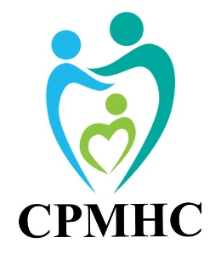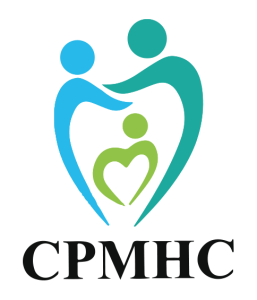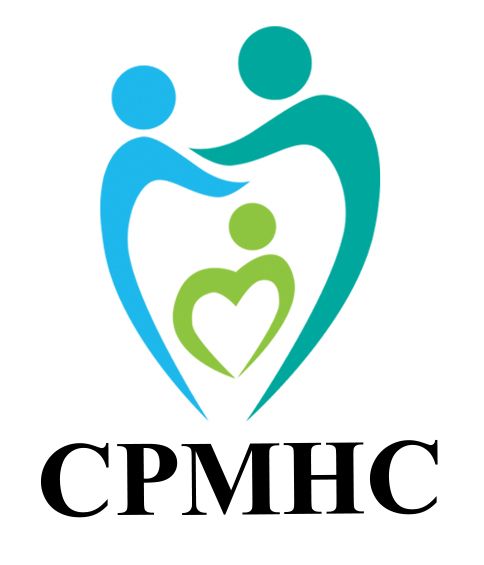(CPMHC Press Release) July 30, 2020 – Moms across Canada are feeling let down and ignored after the Government of Canada rejected their call for a national perinatal (pregnancy and postpartum) mental health strategy at a time when it’s needed the most.
“Sometimes I feel that women are just incubators,” says mom of two and Canadian Perinatal Mental Health Collaborative (CPMHC) member, Dr. Jodi Pawluski. “It’s a shame the government does not see the value in investing in perinatal mental health, especially during the pandemic when rates of postpartum depression are increasing.”
The petition was started by the CPMHC and presented to the House of Commons in May by Edmonton-Strathcona MP Heather McPherson. The government tabled its response in July.
“What was outlined in the government’s response is exactly representative of the problem,” says psychotherapist and CPMHC member, Rosa Caporicci. “Instead of addressing the need for a national strategy, they offered a hodgepodge of different sources, agencies, and information that is neither systematic or uniform, in other words, a dog’s breakfast.”
The petition called on the government to create a strategy that includes universal screening and timely access to treatment. In its response, the Minister of Health cited programs which do not include access to specialized perinatal mental health care.
“Some of the programs they identified do not even address mental health in their overall goals,” says CPMHC member, Dr. Sachiko Nagasawa. “This puts the onus on healthcare providers and individuals which perpetuates stigma”
Mental health disorders, including depression are the most prevalent complications in the perinatal period, yet Canada does not have a specific national strategy to support mental health during these vastly important phases of a family’s life.
In Canada and worldwide, 20% of women and over 10% of men suffer from perinatal mental illness which can include depression, anxiety, obsessive-compulsive disorder, bipolar disorder, and psychosis in the pregnancy and postpartum periods. The prevalence is even higher in some marginalized communities such as recent immigrants, socioeconomically disadvantaged families, single-parent families, LGBTQ2 families, and Black, Indigenous, and People of Colour (BIPOC).
Stigma, lack of public and professional awareness, and leaving the onus on mothers and partners to reach out for help results in only 15% of mothers receiving professional treatment. One in 19 maternal deaths in Ontario is the result of suicide. Worse yet, Canada lags behind other nations as the U.K., Australia and the U.S. have national perinatal mental health strategies in place, but Canada does not.
“The mental health of families in pregnancy is an important specialization,” states CPMHC National Committee Member, Dr. Laurel Hicks. “Without this knowledge and specialty existing, too many families fall through the cracks, which is what we have seen all too often in Canada thus far.”
The women’s health priorities identified by Prime Minister Justin Trudeau in his mandate letter to the Minister of Health could be better served with a national strategy during a time when women are the most susceptible to new mental health disorders.
Despite the government’s lackluster response, the CPMHC continues to work towards fulfilling its mission of the development of a national perinatal mental health strategy. The grassroots organization has received ethical approval through the University of Calgary to launch a national survey this fall to learn what kind of perinatal mental health services are being offered by health practitioners across the country.
“Now, more than ever during COVID-19, Canada needs a perinatal mental health strategy,” says CPMHC Co-founder, Jaime Charlebois. “We still hope to work with the government to make it happen sooner rather than later.”



